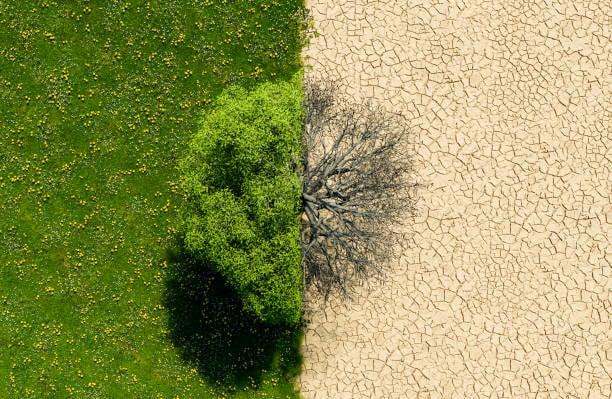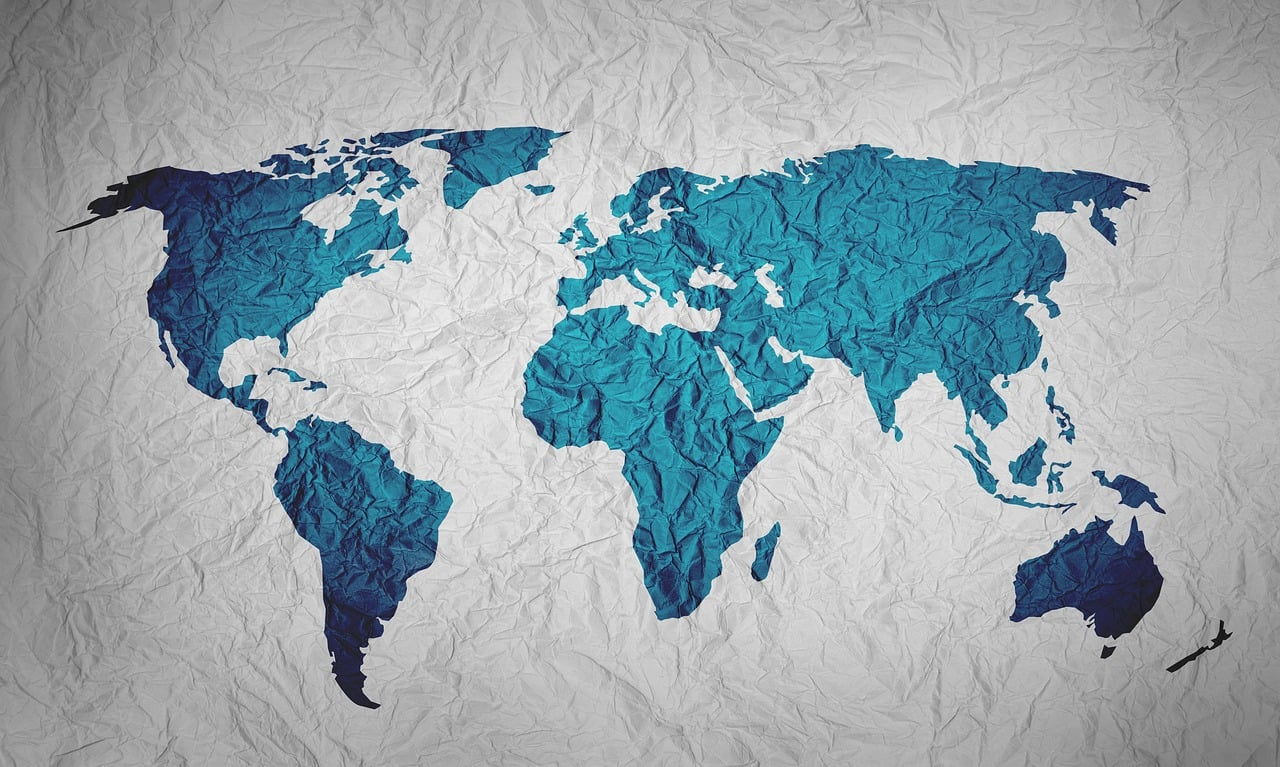By Lydia Chatzopoulou,
Global warming stands as the defining issue of our era, reshaping not just ecosystems but also the future of work and economic stability. While sudden climate catastrophes can instantly wipe out jobs, the lasting effects of a changing climate go much deeper: Ιndustries may be forced to move, farming and food supplies face growing risks, vital infrastructure could be repeatedly damaged, and communities near shores and rivers may suffer relentless destruction.
Together, these forces threaten to transform employment and livelihoods on an unprecedented scale. Given these realities, it’s striking how little attention political science has given to how climate change will reshape the world of work. Although scholars have examined the politics surrounding climate change —such as the complex negotiations over strategies to reduce emissions and adapt to new climate realities— research connecting these political dynamics to employment trends remains scarce, despite some early gaps in the field now being addressed.

Tackling corruption and dismantling entrenched systems of state capture are important steps, but several key anticorruption priorities already intersect directly with climate action. For example, global efforts to make the true ownership of companies more transparent and to crack down on the misuse of shell corporations can also yield significant benefits for climate policy. Moreover, ensuring that climate initiatives are designed and implemented free from corrupt practices can advance both climate and governance objectives simultaneously.
Historical records make it clear that Europe’s Industrial Revolution in the 18th century set off widespread fossil fuel use, driving up greenhouse gas emissions and triggering a global warming effect. Mounting scientific data confirms that climate change impacts every region, but it’s the populations of the Global South —who contributed the least to the crisis— who suffer the gravest consequences. This stark imbalance raises urgent questions of fairness: Who bears responsibility for creating this crisis, and who should take the lead in addressing it? And how can we ensure that those most harmed, despite having done the least to cause the problem, receive proper support and compensation?

Although the political and geopolitical effects of climate change are still emerging today, their impact will become far more significant —and alarming— in the years ahead. Without effective action, increasingly severe storms, deadly heatwaves, and vanishing coastlines could force billions of people from their homes or push them into extreme hardship. Such widespread upheaval would place immense pressure on governments, social systems, and economies worldwide, threatening stability and security on an unprecedented scale. Most people recognize that shifting from fossil fuels to renewable energy is unavoidable, given that oil, coal, and gas reserves are finite. However, debates arise over the pace of this energy transition and the best way to steer it. Should governments and society proactively shape this change through regulations and policies, or should we rely on market dynamics and the gradual advance of science and technology to lead the way? These questions lie at the heart of ethical and policy disagreements about how to navigate our energy future.

Research in political science on both climate politics and the future of work reveals how political actors strive to shield the market from external challenges and maintain an illusion of continuity. These efforts often involve shaping public understanding of what the future holds, portraying upcoming changes as foreseeable problems that can be neatly managed. Political scientists highlight that this battle over who creates and spreads narratives about the future isn’t really about accurately predicting events —it’s about securing the power and legitimacy to steer present-day decisions and influence current political dynamics.
When we see how our institutions shape the world around us and how we interact with them, their real, concrete impacts become clear. This awareness opens up the chance to build a collective political effort aimed at reconnecting human society with the natural environment, with a strong focus on fairness and social justice.
References
- Climate Change and Work: Politics and Power. Annual Review. Available here
- To tackle climate change, take on corruption. World Bank Blogs. Available here
- Environmental justice and climate change policies. National Library of Medicine. Available here




